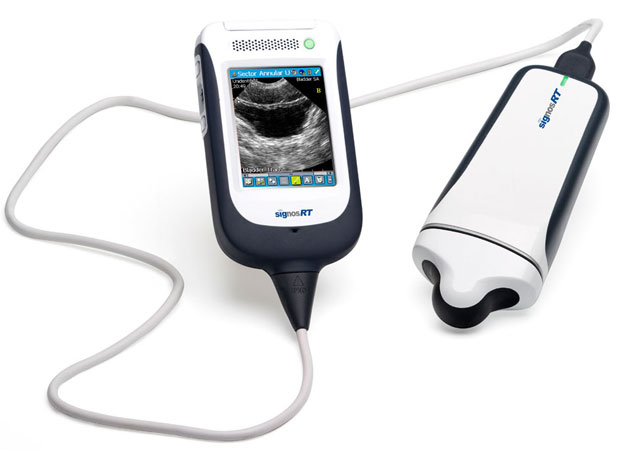
Life-Saving Devices for Pregnant Women
Life-Saving Devices for Pregnant Women
By Monica Rozenfeld
NOTE: This is an overview of the entire article, which appeared in the August 2014 issue of IEEE’s THE INSTITUTE magazine.
Click here to read the entire article.
Every year, some 287,000 women worldwide die due to complications from pregnancy, leaving nearly one million children without a mother. This article outlines several new devices developed to help avoid these tragedies.
A program called Engineering for Change, founded by the American Society of Mechanical Engineers, Engineers Without Borders-USA, and IEEE, tries to get engineers involved in humanitarian causes. An hour-long webinar, Innovations in Global Maternal Health, was held in May 2014 to bring attention to several useful products on the market for pregnant women. The speaker was Meg Wirth, cofounder of Maternova, a company that searches for the best products for maternal health and helps distribute them to developing regions of the world. Many of the devices save women from major causes of death during childbirth, including excessive bleeding as well as eclampsia, a disorder characterized by high blood pressure and seizures.
“Technology is not a perfect solution, but it can help better detect and monitor risks associated with childbirth, and it buys women time in an emergency,” says Wirth. “They still need to get to a facility to receive skilled care, which in some areas are hours and even days away.”
Maternova has distributed products in developing regions, but they may not be well known in other areas of the world. Currently, the company distributes 40 devices that it sells to humanitarian organizations, hospitals, clinics, and medical-supply distributors. They consider only devices approved by regulatory authorities such as the U.S. Food and Drug Administration, or those whose efficacy has been demonstrated with research published in peer-reviewed journals.
One new product Maternova is testing is the Biosense Technologies’ uChek, a mobile app for an Android phone that is able to analyze information from a photo of a urine test strip.
Another device distributed by Maternova, the battery-powered Signos-RT, is used to determine fetal health and weighs only about 400 grams, making it the lightest ultrasound machine on the market.

The battery-powered Signos-RT (Photo courtesy of Maternova)
One of Maternova’s most successful products is a pressure suit used to stem maternal bleeding occurring after delivery. The Non-Pneumatic Anti-Shock Garment (NASG) is wrapped around the woman from the waist down and around each leg, pressing on the uterus to stop bleeding and shock from blood loss.
Yet another example is a simple innovation – a solar-powered headlamp – could be one of the most useful tools for midwives in areas lacking electricity. It’s inexpensive and can provide a serviceable output of 20 lumens.






